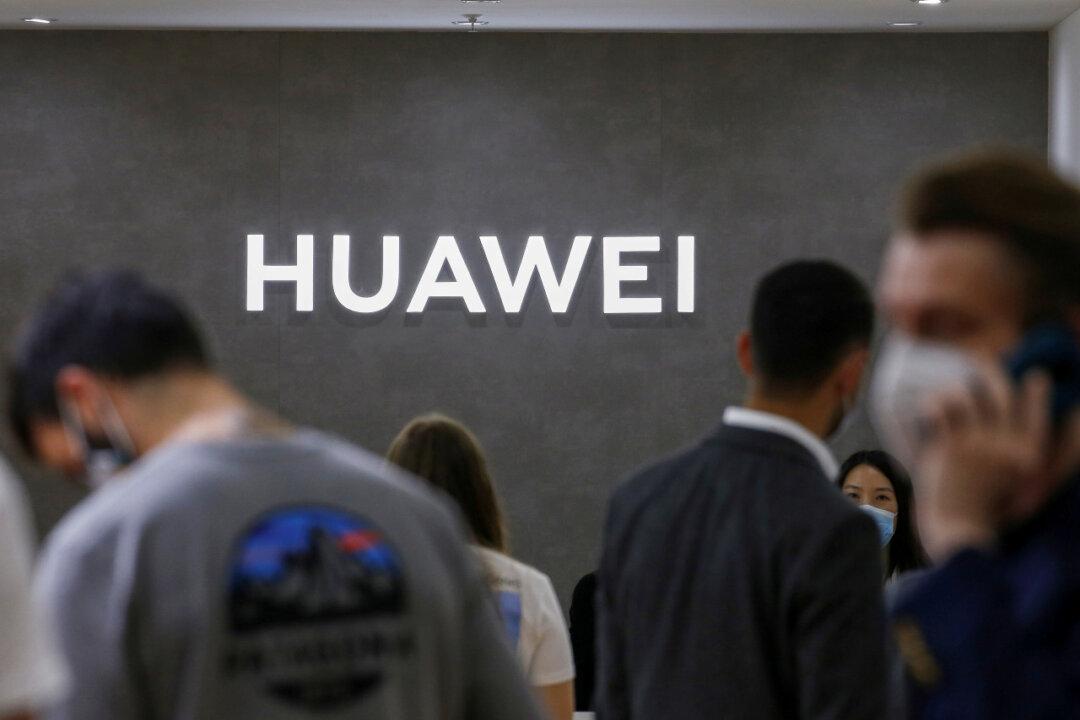British security officials have said Huawei’s telecoms kit in the country’s critical infrastructure poses a risk of “national significance” and does not believe it can be safely managed.
That is according to a government annual report (pdf) covering 2019 published on Thursday.





